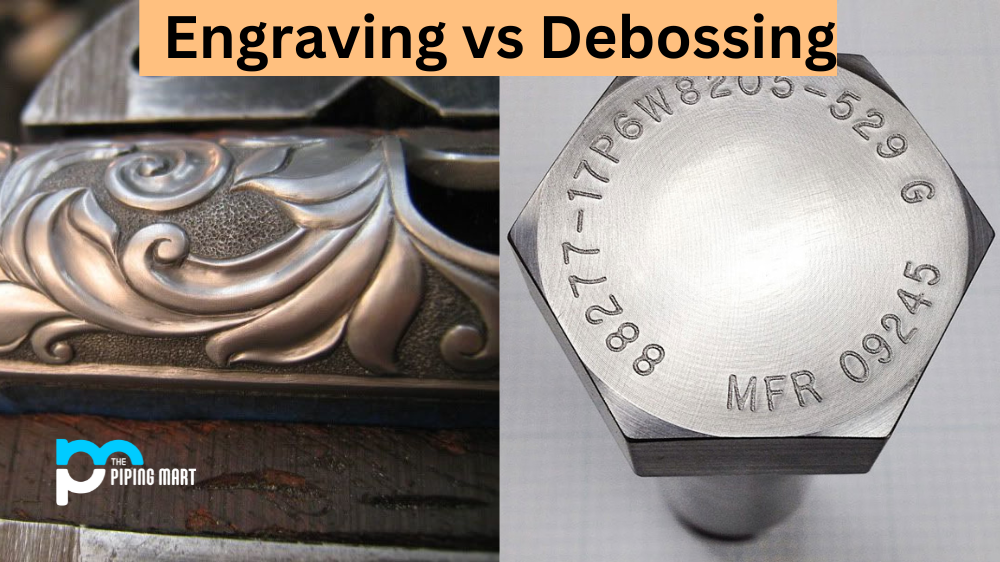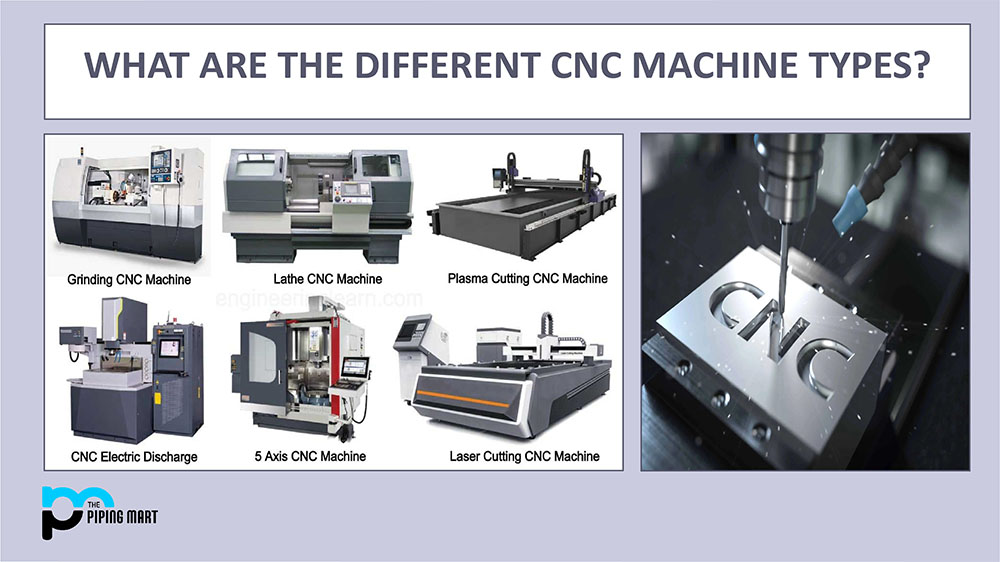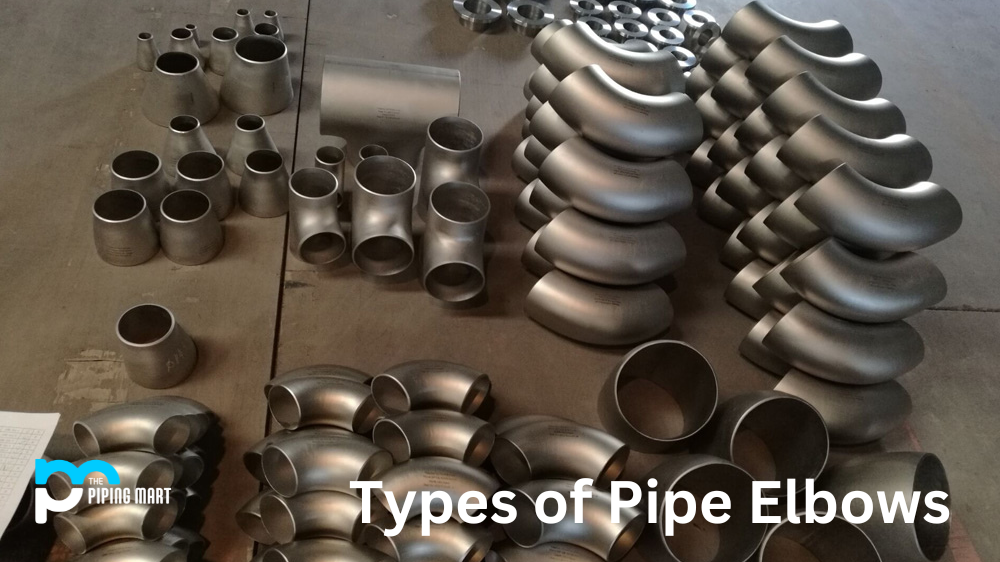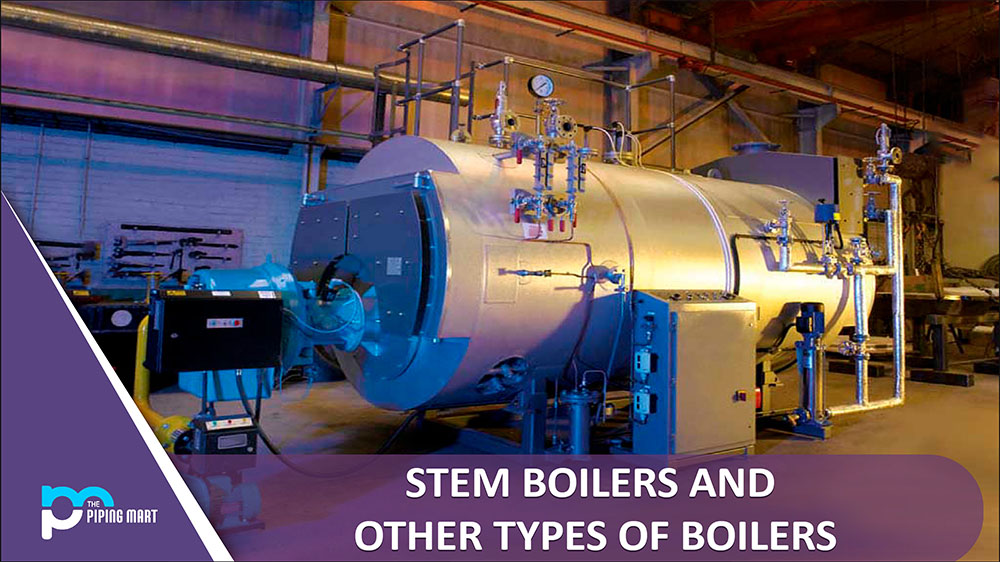Whether you’re looking to customize a gift or add a special touch to your business’s branding, metal engraving is a great way to make an impression. But with two main methods of engraving – debossing and engraving – it can be difficult to know which one is right for your project. Read on for an overview of both techniques and tips on choosing the best option for you.
Engraving
Engraving is a process that involves using a sharp tool to create a design on the surface of a metal. This process can be used on a variety of metals, including gold, silver, and copper. Engraving is often used to create intricate designs or to personalize an object with text or images.
Debossing
Debossing is a process that involves using a tool to create an indentation on the surface of a metal. This process can also be used on a variety of metals, including gold, silver, and copper. Debossing is often used to create simple designs or to personalize an object with text or images.
Difference Between Engraving and Debossing
Debossing is a technique that uses pressure to create an indent in the surface of the metal, while engraving uses specialized tools to remove material from the surface of the metal. Debossing creates a subtle look, as it only creates a slight indent in the material, while engraving creates more pronounced results. The result of debossing is often referred to as “blind embossing” and is often used in branding projects, such as stamping logos or names onto products. Engraving is often used for more decorative purposes, such as customizing gifts and jewelry with text or images.
Advantages of Engraving
One advantage of engraving is that it can be used to create very intricate designs. Additionally, engraving is a permanent process, meaning that the design will not fade over time.
Advantages of Debossing
One advantage of debossing is that it can be used to create deep, three-dimensional designs. Additionally, debossing is a permanent process, meaning that the design will not fade over time.
Disadvantages of Engraving
One disadvantage of engraving is that it can be time-consuming and expensive to create complex designs. Additionally, engraving can only be done on one side of the metal object.
Disadvantages of Debossing
One disadvantage of debossing is that it can be difficult to control the depth of the indentation, which means that the design may not be as precise as desired. Additionally, debossing can only be done on one side of the metal object.
Conclusion:
Engraving vs debossing are both excellent methods for personalizing metals; however, each technique has its own advantages and disadvantages depending on your project requirements. If you need a subtle look that won’t cost too much money, then debossing might be your best bet; however, if you need something with greater visibility, then engraving might be better suited to your needs. Whichever method you choose, make sure to do your research ahead of time so that you get the best possible results!

A passionate metal industry expert and blogger. With over 5 years of experience in the field, Palak brings a wealth of knowledge and insight to her writing. Whether discussing the latest trends in the metal industry or sharing tips, she is dedicated to helping others succeed in the metal industry.




